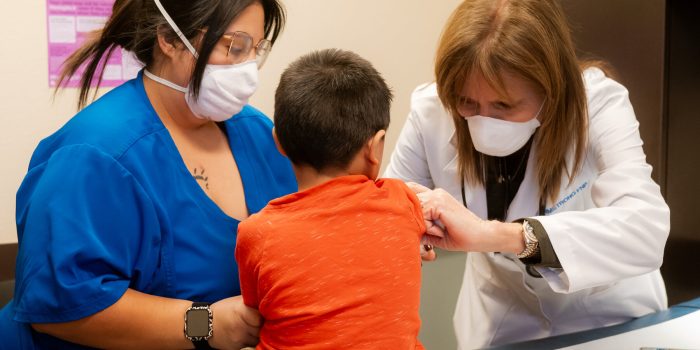With two extraordinary moves, Health Secretary Robert F. Kennedy Jr. has upended the certainty that American children will always have cost-free access to lifesaving vaccines.
For decades, a little-known scientific panel at the Centers for Disease Control and Prevention has recommended which shots Americans should get and when. The group’s endorsement means insurance companies must cover the costs and helps states decide which vaccines to mandate for school-age children.
The panel, the Advisory Committee on Immunization Practices, also determines which shots are provided for free through the Vaccines for Children program, which serves about half of the children in the United States.
On Monday, Mr. Kennedy, long a vaccine skeptic, fired all 17 members of A.C.I.P., claiming that the group was rife with conflicts of interest and that a clean sweep was needed to restore public trust. Mr. Kennedy also reassigned C.D.C. staff scientists who oversee the panel’s work and vet its members.
On X, he promised not to replace the panel’s experts with “ideological anti-vaxxers.” On Wednesday, Mr. Kennedy named eight new members, at least half of whom have expressed skepticism of certain vaccines. Only one was a widely recognized expert in vaccines.
For years, Mr. Kennedy has argued that American children receive too many shots and has falsely claimed that vaccines are not tested in placebo-controlled studies. Critics fear he is now setting the stage for a rollback of federal recommendations.













